15 Most Common Cognitive Distortions Leading To Anxiety And Depression
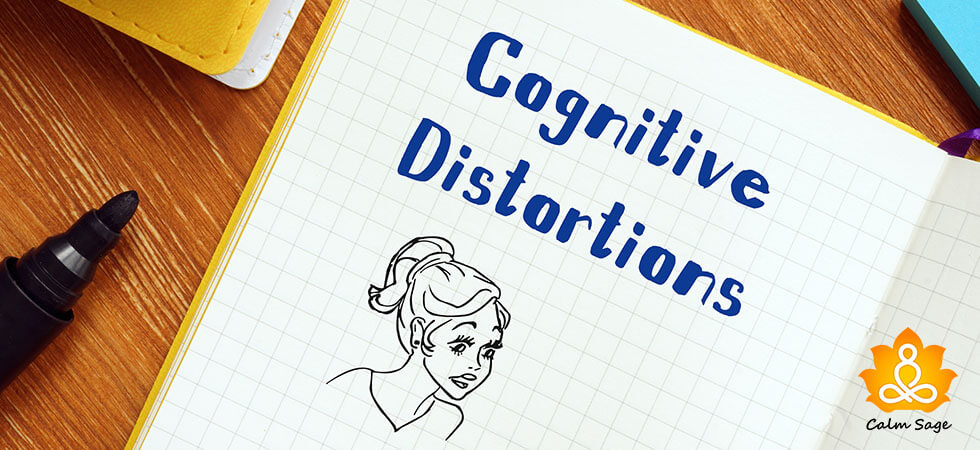
“I am not good at anything.”
“He must surprise me on my bday.”
“She didn’t call me, neither did I. It’s her fault completely.”
We all might have thought this way in one or the other situation at some point in our lives. These thought patterns generally represent thought distortions. Random habitual errors in thinking, like the examples presented above, are common. But, when this kind of distorted thinking starts to paint the picture of our daily lives, that’s when it becomes alarming! Persistent and frequent cognitive distortions might lead to increased anxiety, relationship conflicts, depression, and health issue concerns.
When you have cognitive distortions, you have negative thoughts bubbling up, followed by it, you feel and react according to it. This creates a never-ending loop! We often tend to track down the causes of our mental health conditions like genetics, life situations, and others. A cognitive distortion is one in the list. Many therapies focus on cognitive distortions and their rectification, in curing of mental health issues.
What is Cognitive Distortions?
When an individual’s thought process becomes irrational, distorted, inflated, and the perception of reality becomes negative, it marks cognitive distortions. They are often presented in such a subtle manner that they go unnoticed.
But, the sad part is that they do a lot of damage to our health; therefore, it becomes important to recognize them and change them. Three common characteristics of distorted thinking are:
They are :
- False and inaccurate.
- Have no basis in reality.
- Are not healthy patterns of thinking.
Let us check what the most common cognitive distortions are.
15 Most Common Types of Cognitive Distortions
1. Black and White Thinking
This kind of thinking pattern is also referred to as all-or-none thinking. An individual with cognitive error tends to have an either-or thinking pattern, with no middle ground to be considered! Every aspect of life for them lies on either of the two poles, with the middle range given no importance. So, for them, it is either angelic or devilish, success or failure, good or bad.
Example: Either I get an A+ in my class exams, or I am a total failure.
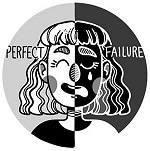
2. Jumping to The Conclusions
The hallmark of this cognitive distortion is to make irrelevant, irrational, and negative assumptions about a person and situation, with no evidence to support it. It involves two major thinking patterns:
- Mind Reading: Assuming that we know what the other person is thinking, with no facts supporting it.
- Fortune Telling: Assuming that something terrible will happen shortly, with no substantial evidence to support it.
Example: “I know exactly how my partner will respond when I will break this news to him. So, why should I even tell him, when I know he won’t be happy.”
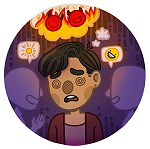
3. Personalization
Whatever wrong is happening people with this cognitive error will take all the blame for it. Irrelevant to the fact whether something is controllable by them or not, they tend to take the blame when things don’t turn out the way they were supposed to be. Along with this, they tend to assume that everything that others say or do is also directed towards them.
Example: “My partner would have completed the task if only I had pushed him enough.”

4. Overgeneralizations
Making broad generalizations based on single events and minimal evidence is the primary aspect of this cognitive distortion. These generalizations majorly arise from past experiences. An individual makes a never-ending pattern based on one adverse event. Certain words can be generally seen in the statements marking overgeneralization like- “never,” “always,” “all,” or “every.”
Example: If a friend is denied to share a charger on one occasion, a person might assume that the friend is never going to help them in any situation.
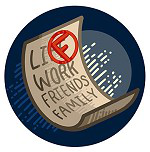
5. Labeling
This cognitive error is also referred to as global labeling and mislabeling. They tend to define any given situation or person in a highly biased and emotionally inappropriate manner. Also, it is viewed as a heightened form of overgeneralization. No basis or facts is supporting these labels. They have their roots in personal and past experience.
Example: If someone falls off a wet flower, they might just end up labeling the other person “You are so clumsy.”
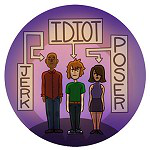
6. Shoulding/ Musting
Making unrealistic demands with self and others can be seen in this distorted thinking. When these demands and expectations are not met, an individual may experience overwhelming emotions like shame, guilt, anger, and frustration. The statements are often loaded with words like “ought to,” should,” “must,” and “have to.”
Example: “I should start yoga to look more attractive and be feasible.” “He must bring me flowers on my birthday.”

7. Magnification and Minimization
Another name for this cognitive distortion is ‘Catastrophizing.’ Here an individual exaggerates on the single negative point and overlooks the positive side. An idiom that can best describe it is making a mountain out of a molehill. This tendency of blowing things out of proportion makes worry escalate quickly.
Example: After having an amazing dinner at a friend’s place, an individual might just end up focusing on one small and relatively significant event that they perceive is negative. Such as, “She didn’t even have tissues placed on the dining table.”

8. Mental Filtering
In this distorted thinking, an individual focuses on one negative piece of information and excludes the positive side. The circumstances are perceived and interpreted with a negative filter attached. Even if there is everything positive, they will pick a single adverse event and dwell on it.
Example: “My partner is ideal, but he doesn’t put socks in the machine which just pisses me off.”

9. Emotional Reasoning
In this thinking distortion, an individual lets the emotion take control over their thinking pattern. The feelings are believed to be true unconditionally and automatically. The feelings are considered as a fact in a way that you give yourself a message “I feel it; therefore, it must be true.” An individual mistakes feelings for reality in this thinking distortion.
Example: “I feel that my seniors are jealous of me. I bet it’s true.”
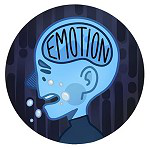
10. Discounting the Positive
This is also seen as an extreme form of black and white thinking. An individual with this thought distortion just refuses to see the positive light. They will acknowledge the positive but will not embrace it. This pattern further lets negative thoughts build.
Example: My teacher did praise me for my project, but I know I am not his favorite; it was just for political correctness.

11. Control Fallacies
This cognitive distortion can take either of the two forms:
- Having no control over one’s life and feeling helpless (external control).
- The belief of being in complete control of oneself and surroundings, such that one starts taking responsibility for the feelings of those around them (internal control).
Neither of the two control fallacies is helpful or accurate.
Example: “I had no control over how my exams went, and thus the result declared.”
Or
“I bet she’s unhappy because of me.”
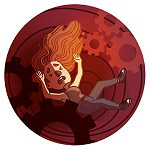
12. Fallacy of Change
An individual with this fallacy of change will always hold expectations from others that they will change according to them because of their intense pressure. The reason underlying this demand for change is explained in terms of their belief that the other person’s success depends on them. This is thinking distortion is predominantly found in relationships.
Example: “Wear red when you go out shopping with me.”
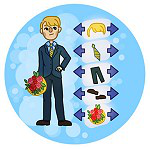
13. Fallacy of Fairness
People with this cognitive distortion wish to have a fair world. They measure life based on equality and fairness, which is not always achievable in reality. Due to judging every experience in light of fairness, an individual is likely to feel resentful, hopefulness, and angry when it goes unmet.
Example: “If they valued me as an employee, they would have chosen me for the post of the company’s president.”
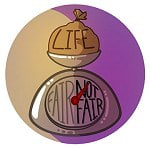
14. Heaven’s Reward Fallacy
Here an individual expects divine rewards for his or her sacrifices. They tend to believe that a global force is keeping a score of the same. When they are not rewarded for their acts of selflessness, they become angry, bitter, and resentful.
Example: “By doing so, I will be rewarded by the almighty.”

15. Blaming
This cognitive distortion can take either of the two trails, blaming oneself or blaming others. In the former one, even if a situation is out of their control, the individual will blame himself. On the other hand, no matter what you are doing or where you are wrong, this thought distortion will hold other people responsible for the emotional pain.
Example: “I could have saved the world from the pandemic.”
“You always make me feel incompetent about myself.”
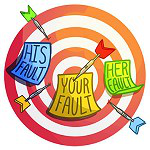
These were the 15 common distortions that are likely to be displayed by people. While many of us might be practicing them on certain occasions in life, when these thinking distortions become a part of our lifestyle, it becomes a matter of concern. As discussed above, cognitive distortions are the underlying cause of multiple mental health issues.
Pay attention to your thoughts; they all have a message to give!!!
More power to you…
Related Articles You May Like to Read:
Top 20 Songs To Help With Depression and Anxiety







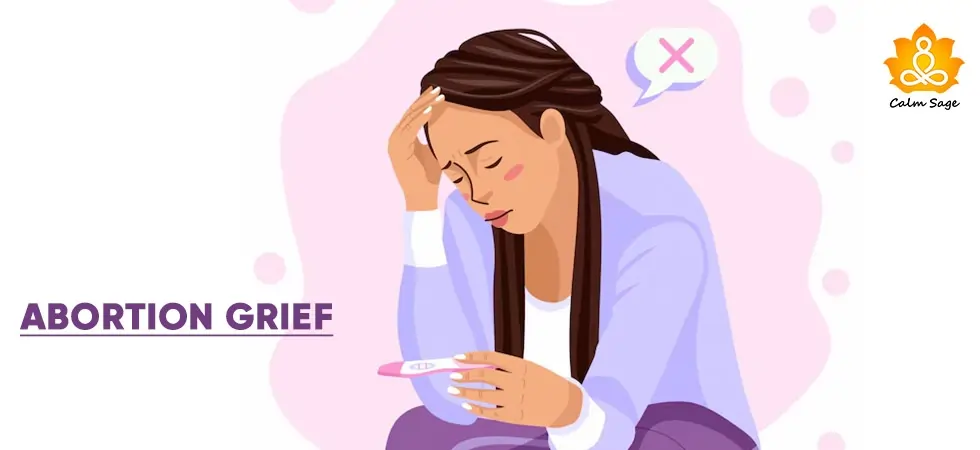













I have been an over thinker all my life. For most part of it I didn't enjoy it but it seems to come as a package with my nature. There were a lot of times when I yelled at myself to just stop thinking but it went on. This often resulted in mild insomnia and what not.